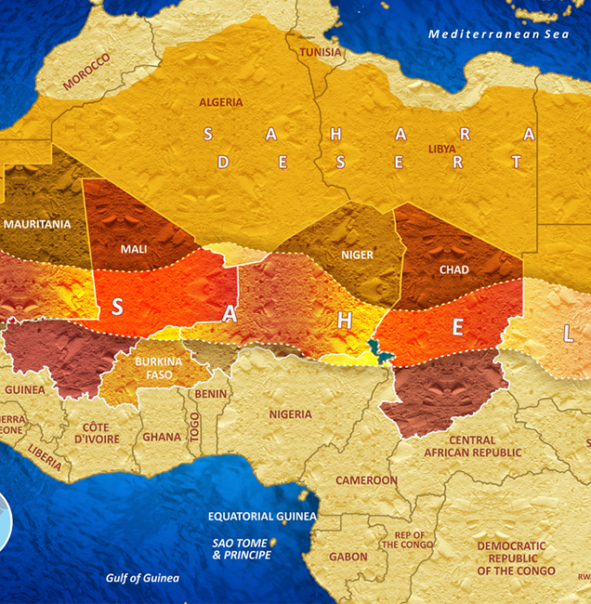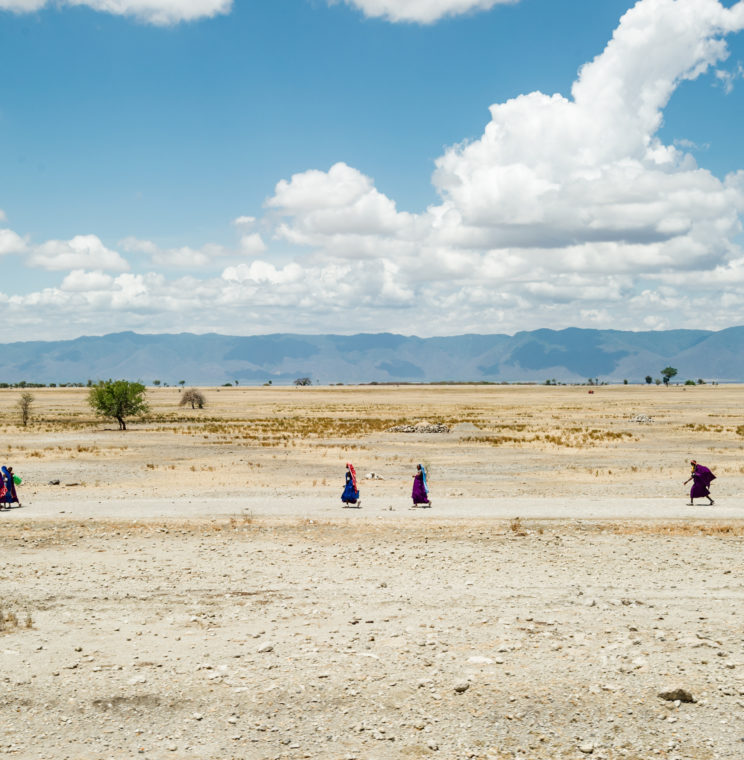Mid-term review of the Global Nutrition Report
The Stakeholder Group of the Global Nutrition Report (GNR) commissioned Ecorys UK and Chris Leather, co-founder of N4D Group, to undertake an independent mid-term review in September 2021, ending in January 2022.
The mid-term review is a timely assessment of the GNR’s progress to date (2018–2021), ability to meet its audiences’ needs and priorities and its added value to the nutrition community and beyond. The timeliness of the review also provides the opportunity for the findings and recommendations to inform and strengthen the GNR’s future strategic vision (2021–2025).
The GNR’s relevance
The review concludes that the GNR is widely regarded as an essential source of independent and high-quality evidence, relevant for informing policies, investments, and action on nutrition. GNR products are found to be particularly useful for nutrition advocacy stakeholders to help make the case for investing in nutrition. The independence and the scientific rigour of its analysis are considered to be of enormous added value to global efforts to end malnutrition in all its forms. Both characteristics are seen to be critical and need to be protected and sustained.
During 2021, the GNR has been successful in enhancing its position as a key accountability mechanism through the establishment of the Nutrition Accountability Framework (NAF). The GNR’s work ahead of and during the Tokyo Nutrition for Growth (N4G) Summit in December 2021 was consistently praised.
Strengthening the influence of the GNR
There are strong concerns, however, that the full value of the GNR is not being met. Nutrition is increasingly understood by policy makers to be integral to the achievement of multiple Sustainable Development Goals and addressing challenges including climate change, food systems and COVID-19. The GNR has made important contributions to this shift in understanding but could increase its ability to provide data and evidence which promotes nutrition as a priority across development policies and actions. The GNR needs to enhance its policy responsiveness, relevance and influence whilst avoiding becoming policy prescriptive.
In addition to tracking progress against nutrition targets and delivery on commitments, there are strong calls for the GNR to focus more on what types of policies and actions have been shown to work in different contexts, as well as factors that enable and hinder progress in reducing malnutrition in all its forms. This would increase the GNR’s relevance for country level decision makers and implementers, as well as help inform external financial and technical assistance. Enhanced country nutrition profiles could provide stronger building blocks for the GNR’s regional and global analyses. However, an increased country focus will require prioritisation given available resources.
The mid-term review identified several key strategic and governance issues which GNR stakeholders agreed needed to be addressed in order to improve the GNR’s relevance and effectiveness. The review team proposed that 2022 could be considered as a “consolidation year” during which there could be a focus on:
- Reaching a common agreement on key strategic and governance issues to ensure that the GNR is well-positioned for the longer-term, while at the same time
- Continue to deliver ongoing priority activities and products, without taking on any new roles or activities.
The recommendations were approved by the Stakeholder Group and the GNR has entered a ‘consolidation year’. The GNR will undertake a strategic planning phase between January and May 2022 and move into implementation of prioritised products and services.
For more information please contact Daniel Silver.

22 March 2022
3 minute read
Sectors
Services
Key Experts
Daniel Silver
Consultant



